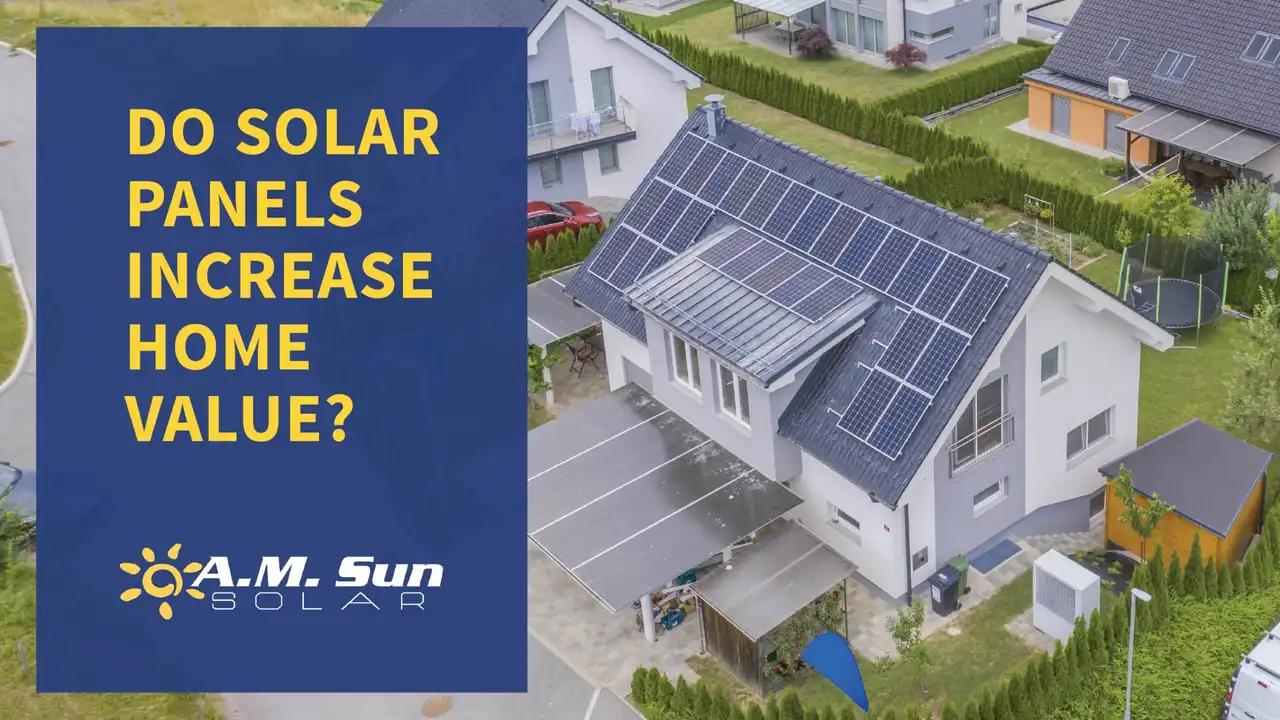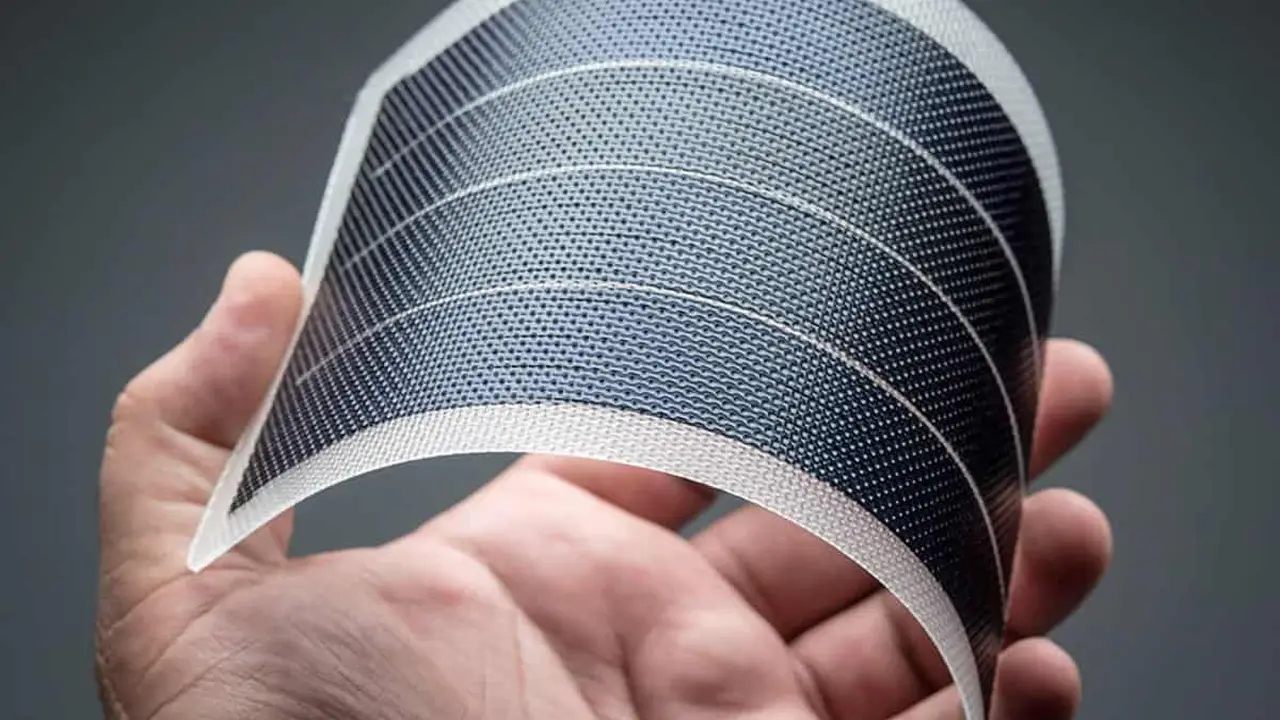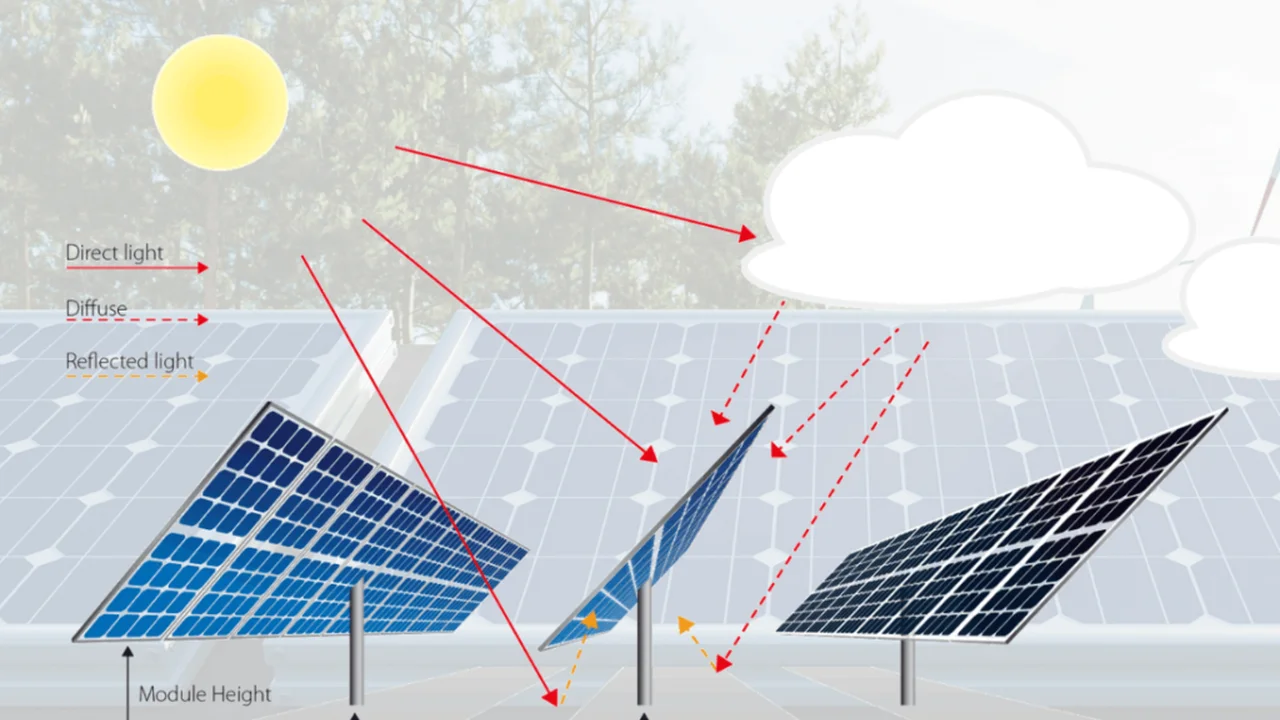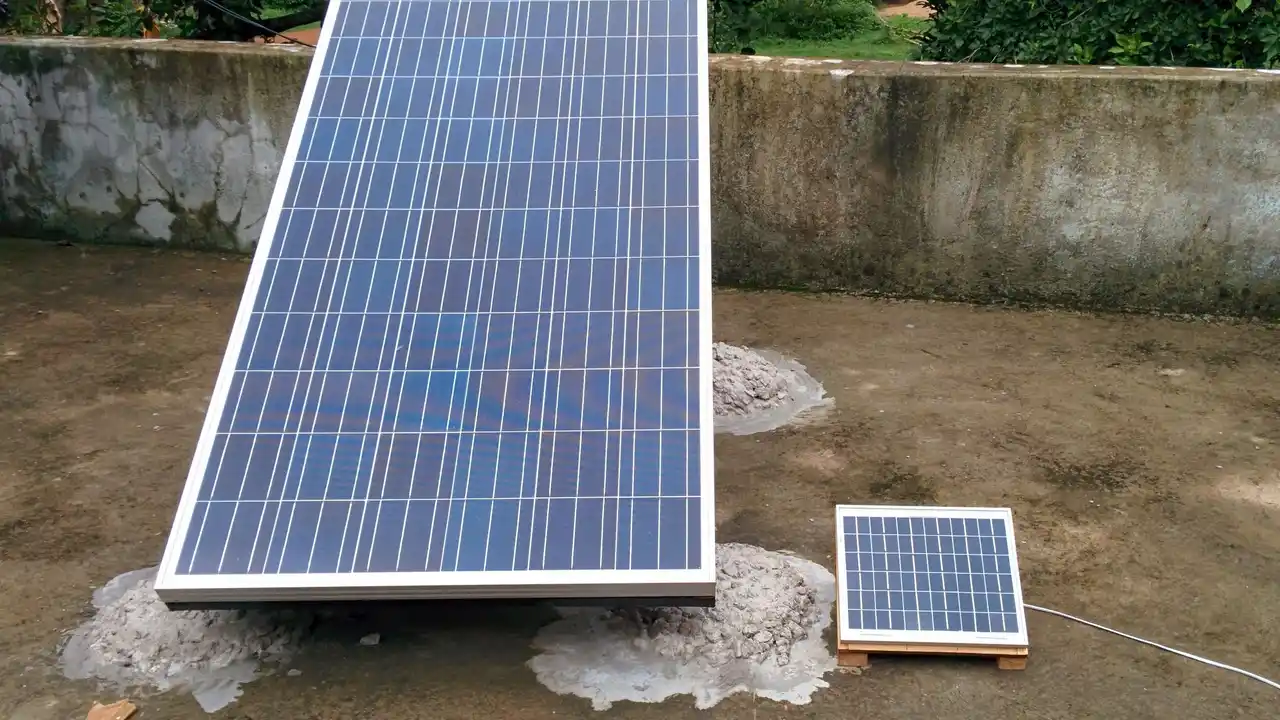Solar Panel and Property Value: Does It Increase It?

Understanding the Connection Solar Panels and Home Value
So, you're thinking about going solar, huh? Awesome! You're saving the planet and potentially saving a bunch of money on your electricity bill. But a question that often pops up is: "Will solar panels actually *increase* my home's value?" It's a valid concern! After all, you're making a significant investment, and you want to know it's a smart one.
The short answer? Generally, yes. Solar panels can increase your property value. But, like most things in life, it's not quite that simple. There are several factors at play, and we're going to break them all down for you.
The Appeal of Solar Energy for Homebuyers: Why It Matters to Your Home's Value
First off, let's think about what makes a home attractive to potential buyers. Energy efficiency is becoming increasingly important. People are more aware of their carbon footprint and the rising cost of utilities. A home with solar panels instantly signals energy efficiency and lower monthly bills. That's a big selling point.
Imagine two identical houses on the same street. One has solar panels, the other doesn't. Which one would you be more likely to choose? If you're like most people, you'd lean towards the solar-powered home. You're essentially buying a pre-paid electricity plan! This increased demand translates to higher property values.
Furthermore, many buyers appreciate the environmental benefits of solar energy. They want to contribute to a cleaner future, and a home with solar panels allows them to do that without any extra effort on their part.
Factors Influencing Solar Panel Value Impact: Age, System Size, and Location
Now, here's where things get a little more nuanced. The impact of solar panels on your property value isn't a guaranteed slam dunk. Several factors can influence the outcome.
- Age of the System: A brand new solar panel system is generally more appealing than one that's several years old. Technology improves over time, and newer panels are often more efficient.
- System Size and Production: The size of your solar panel system should be appropriate for your home's energy needs. A system that's too small won't make a significant difference, and one that's too large might be overkill. Potential buyers will want to see a system that effectively offsets a substantial portion of their electricity consumption.
- Location, Location, Location: The location of your home plays a big role. In areas with high electricity costs and strong solar incentives, solar panels are more valuable. In areas with lower electricity rates, the impact might be less pronounced.
- Type of Solar Panel System (Owned vs. Leased): This is a big one! Owning your solar panel system is generally much more attractive to buyers than leasing it. Leased systems can come with complex contracts and potential transfer fees, which can deter some buyers. We'll dive deeper into this later.
Owned vs Leased Solar Panels: Maximizing Your Home's Value Through Ownership
Let's talk about ownership versus leasing. If you *own* your solar panel system outright, you're in a much stronger position when it comes time to sell your home. You can transfer the full benefits of the system to the new owner. They'll enjoy the lower electricity bills and the environmental advantages without any strings attached.
Leased systems, on the other hand, can be a bit of a headache. The buyer will need to qualify to take over the lease, and they might not be thrilled about the monthly payments. The lease agreement could also include restrictions on things like roof repairs or modifications. Some buyers might even walk away from a deal if they don't want to deal with the complexities of a leased solar panel system.
If you're considering going solar and you're concerned about your home's value, *owning* the system is almost always the best option. It's a cleaner, simpler transaction when you sell your home.
Choosing the Right Solar Panels: Product Recommendations and Comparisons for Home Value
Okay, so you're ready to explore solar panels. Great! Let's look at some specific products and how they might affect your home's value. Remember, this isn't an exhaustive list, and prices can vary depending on your location and installer.
High-Efficiency Panels for Maximum Home Value: SunPower A-Series
Product: SunPower A-Series
Description: SunPower is known for producing some of the most efficient solar panels on the market. Their A-Series panels are particularly impressive, boasting efficiencies of over 22%. This means they generate more electricity from the same amount of sunlight compared to standard panels.
Usage Scenario: Ideal for homes with limited roof space or those seeking maximum energy production. Also, great for areas with high electricity costs, as they generate the most savings.
Comparison: Compared to standard panels (around 18% efficiency), SunPower A-Series panels generate significantly more power. They also have a longer lifespan and a better warranty, adding to their appeal to potential homebuyers.
Price: Expect to pay a premium for SunPower panels. The cost per watt is generally higher than other brands, often ranging from $3.00 to $4.00 per watt installed.
Cost-Effective Solar Panel Options: REC Group Alpha Series
Product: REC Group Alpha Series
Description: REC Group offers a great balance of performance and affordability. Their Alpha Series panels are known for their high power output and durability.
Usage Scenario: A solid choice for homeowners looking for a reliable and cost-effective solar solution. Suitable for various roof types and climates.
Comparison: REC panels offer comparable performance to some premium brands but at a more competitive price point. They're a good option for budget-conscious homeowners who still want quality.
Price: Typically ranges from $2.50 to $3.50 per watt installed.
Thin-Film Solar Panels: First Solar Series 6
Product: First Solar Series 6
Description: First Solar panels use a thin-film technology, which is different from the traditional silicon-based panels. They're known for their performance in hot climates and their lower environmental impact during manufacturing.
Usage Scenario: Well-suited for large-scale solar projects and homes in hot, sunny climates. They are less aesthetically pleasing than standard panels, which may affect home value for some buyers.
Comparison: Thin-film panels typically have lower efficiency than silicon panels. However, they can be more cost-effective for large installations. Their appearance is a significant factor to consider when thinking about home value.
Price: Can be one of the most affordable options, often ranging from $2.00 to $3.00 per watt installed.
Solar Shingles for Seamless Integration: Tesla Solar Roof
Product: Tesla Solar Roof
Description: Tesla's Solar Roof integrates solar cells directly into roofing shingles. This creates a seamless and aesthetically pleasing look that can significantly enhance your home's curb appeal.
Usage Scenario: Ideal for homeowners who need a new roof and want to integrate solar power seamlessly. It is a premium product that can increase home value, particularly in affluent neighborhoods.
Comparison: Tesla Solar Roof is significantly more expensive than traditional solar panel systems. However, it also serves as a new roof, so you're essentially getting two products in one. Its aesthetics are a major selling point.
Price: The cost can vary greatly depending on the size and complexity of your roof, but it's generally much more expensive than traditional solar panels. Expect to pay upwards of $40,000 or more for a typical residential installation.
The Importance of Professional Installation: Ensuring a Quality Solar System
No matter which solar panels you choose, professional installation is crucial. A poorly installed system can be inefficient, unreliable, and even dangerous. It can also negatively impact your home's value.
A qualified solar installer will properly size the system, ensure it's correctly oriented to maximize sunlight exposure, and handle all the electrical connections safely. They'll also be able to navigate the permitting process and ensure that your system meets all local codes and regulations.
Look for an installer with a good reputation, positive reviews, and proper licensing and insurance. Don't be afraid to get multiple quotes and compare their services and pricing.
Incentives and Rebates: Maximizing Your Solar Investment and Home Value
Don't forget to take advantage of any available solar incentives and rebates! These can significantly reduce the cost of your solar panel system and increase your return on investment.
The federal government offers a solar tax credit, which allows you to deduct a percentage of the cost of your solar panel system from your federal taxes. Many states and local utilities also offer rebates and incentives.
A good solar installer will be familiar with all the available incentives and can help you navigate the application process.
Long-Term Savings and Return on Investment: The True Value of Solar Panels
Ultimately, the value of solar panels extends beyond just your home's selling price. You're also saving money on your electricity bill every month. Over the lifespan of your system, these savings can add up to tens of thousands of dollars.
When you factor in the tax credits, rebates, and long-term savings, solar panels can be a very smart investment. And, as we've discussed, they can also increase your home's value, making it even more attractive to potential buyers.
The Future of Solar Energy and Home Value: A Growing Trend
Solar energy is only becoming more popular and affordable. As technology improves and prices continue to fall, solar panels are likely to become an even more desirable feature for homebuyers. Investing in solar now could give you a significant advantage when it comes time to sell your home in the future.
So, are solar panels a good investment? Absolutely! They're good for the environment, good for your wallet, and good for your home's value. Just be sure to do your research, choose the right system, and work with a qualified installer.
:max_bytes(150000):strip_icc()/277019-baked-pork-chops-with-cream-of-mushroom-soup-DDMFS-beauty-4x3-BG-7505-5762b731cf30447d9cbbbbbf387beafa.jpg)





